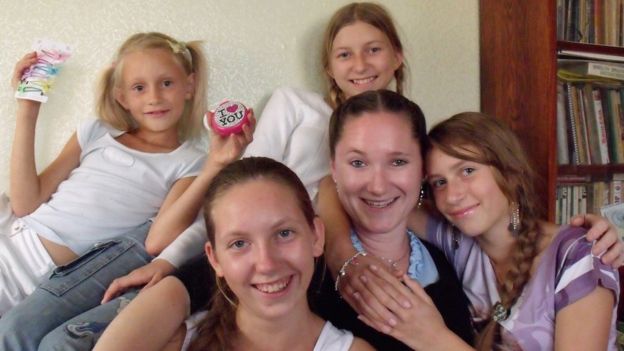
Image: Dr Rachel Furley (centre) with members of the Kartuzovi family, one of the many families her charity helps.
bbc.com - April 26th 2016 - Tom Burridge
Children are still being born with severe birth defects and rare types of cancer in areas near to Chernobyl, according to a British charity, three decades on from the world's worst civil nuclear disaster.
The accident on 26 April 1986 contributed to the downfall of the Soviet Union, changed the way the world thinks about nuclear energy and has affected an unquantifiable number of people in the region.
For British paediatrician Dr Rachel Furley, the "desperately sad" reality is that women who have spent their entire lives exposed to high levels of radiation are now having children.
(VIEW COMPLETE ARTICLE)
Problem, Solution, SitRep, or ?:
Recent Comments